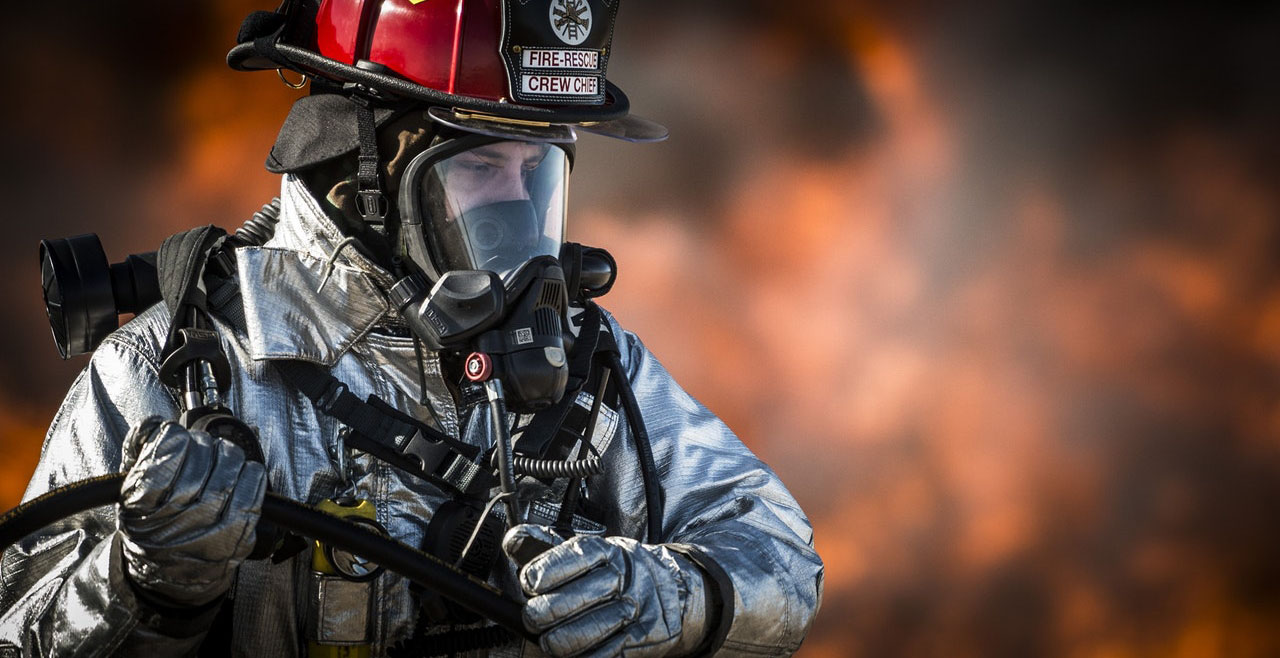Arbitrator Rules That Fire Fighter Cannot Be Disciplined For Comments During Private Conversation With a Friend
Generally speaking, employees cannot be disciplined for what they say or do while off-duty, unless the actions have an effect on their ability to work. A neutral arbitrator has ruled that the City of Holyoke could not reprimand the President of the Fire Fighters Association for off-duty comments he made to a longtime friend during a private conversation. Attorney Terence Coles successfully represented Local 1693 of the International Association of Fire Fighters.
Here, the Arbitrator found that the president, while off-duty from both his fire department and union duties, visited a friend and fellow business owner. The president, the business owner and the owner's son retreated to the owner's private office. The arbitrator found that during the private conversation, the off-duty fire fighter used a racial slur to describe a city councillor. Unbeknownst to the fire fighter, this conversation was recorded and shared with the City. The City Councillor threatened to release the video unless the President stepped down from his role as union executive. The President refused.
The Fire Chief reprimanded the President, citing the rule that provides for discipline of off-duty conduct that discredits the Department.
The Arbitrator swiftly rescinded the reprimand. Setting aside the issue of whether the recording was illegal under the state Wiretap law, the Arbitrator determined that a racial slur was made and that it was offensive, but that it was not made in a setting that was public or that the president had any reason to know would be public. The negative publicity surrounding the comment was the fault of the City, he reasoned, because the City was responsible for its exposure.
The Arbitrator's ruling is an important reminder that employees, including public ones, are entitled to a sphere of privacy. While the comment was ill-phrased, the discipline would be just as inappropriate if it were issued because the President verbally opposed the Councillor for purely political reasons or because the President criticized the Councillor's political loyalties. By protecting private speech from retaliation, the Arbitrator's decision provides a framework for fire fighters to talk about matters in private without fear of later retribution. The result might have been different if the comments were made in a public forum - such as at a public meeting, at a rally, or in a letter.


